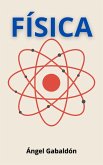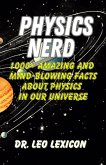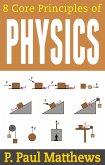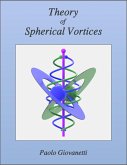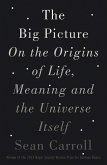Isaac Newton, one of the most influential scientists in history, is renowned for his contributions to physics, mathematics, astronomy, and natural philosophy. Born in 1642 in Woolsthorpe, Lincolnshire, England, Newton's pioneering work laid the foundation for many fundamental principles in modern science. Newton's achievements are wide-ranging: Mathematics: He developed calculus independently of Gottfried Wilhelm Leibniz, laying down the groundwork for this branch of mathematics. Physics: Newton formulated the laws of motion, including the famous laws of universal gravitation, which describe the force of gravity between masses. His work on optics, particularly his experiments with light and color, also had a profound impact. Astronomy: Newton's laws of motion and universal gravitation provided a framework for understanding celestial mechanics and the motion of planets and moons. Mechanics: His laws of motion are fundamental to classical mechanics, which underpin much of our understanding of how objects move and interact with each other. Philosophy of Science: Newton's approach to scientific inquiry emphasized empirical observation and mathematical rigor, laying the groundwork for the scientific method. Newton's seminal work, "Philosophiæ Naturalis Principia Mathematica" (Mathematical Principles of Natural Philosophy), published in 1687, remains one of the most important scientific books ever written. In it, he presented his laws of motion and universal gravitation, revolutionizing our understanding of the physical universe. Beyond his scientific achievements, Newton was also a prominent figure in academia and public life. He served as Lucasian Professor of Mathematics at the University of Cambridge, President of the Royal Society, and Master of the Royal Mint. Isaac Newton's legacy continues to influence scientific thought and inquiry to this day, making him a towering figure in the history of science and a symbol of human intellectual achievement.
Dieser Download kann aus rechtlichen Gründen nur mit Rechnungsadresse in A, D ausgeliefert werden.



